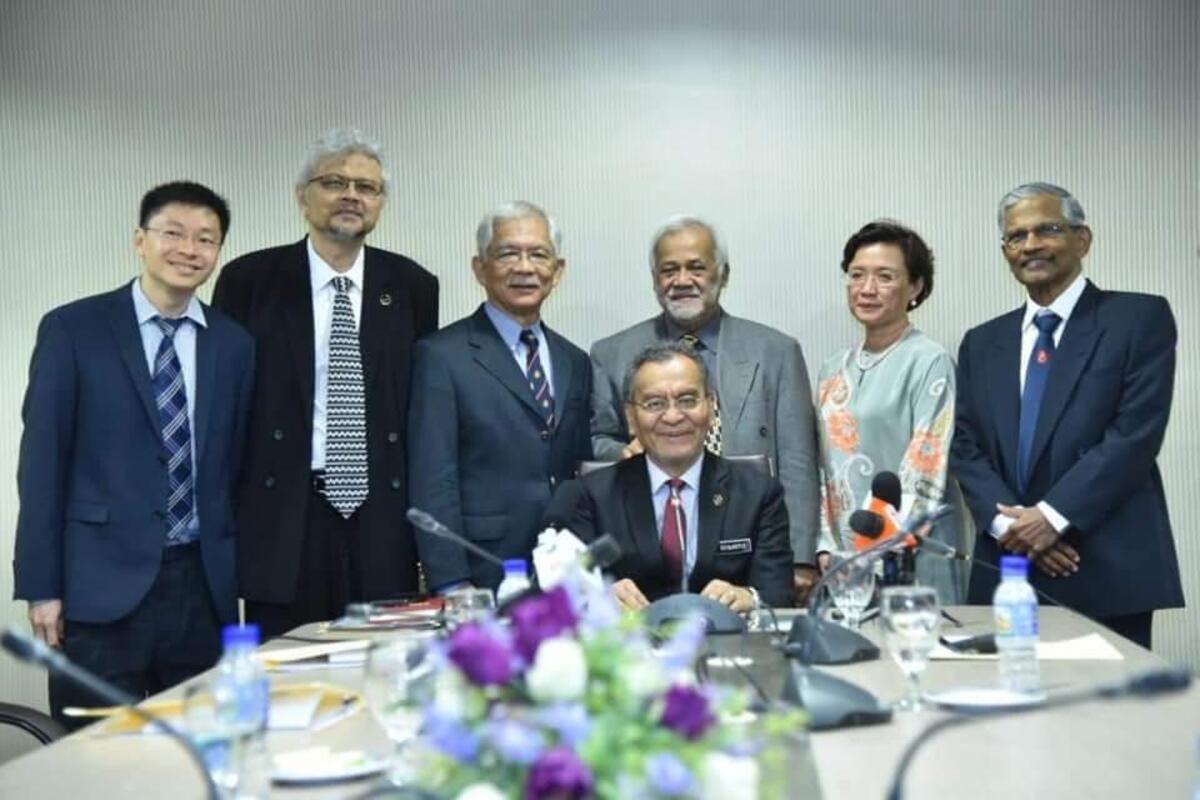This forthcoming publication is the November 2019 revision of the “Sihat Bersama 2030 (SB2030) Concept Note” of the Health Advisory Council (HAC) to the Minister of Health serving in the Pakatan Harapan administration (May 2018 – February 2020).
Malaysia’s health system, comprising both the public and private sectors, punched above its weight in the last century, delivering dramatic improvements in life expectancy and reductions in child and maternal mortality.
However, its more recent performance this century has been subpar, as it has struggled to find a path to adapt to Malaysia’s changing context against a backdrop of both demographic and epidemiological transitions.
National health reforms involving the whole system, both public and private, have long been overdue — as enabled by sustainable health financing, public sector transformation, and private sector regulatory reforms.
This concept note is, however, published with mixed feelings among the members of the HAC since major macroeconomic and societal events, both global and local, have impacted the nation and transformed the national context, including the political and fiscal feasibility of bold health financing reforms.
The global Covid-19 pandemic, which we are still recovering from, along with frequent changes in government and efforts to challenge the government of the day, have impacted the socio-politico-fiscal landscape in 2023. The current context differs significantly from the sunnier economic conditions of 2019 when SB2030 was drafted.
Despite the changed context, ideas, diagnostics, thought processes, and workflows from SB2030 may still be relevant and contribute to the current Ministry of Health’s Health White Paper initiative.
We want to highlight two significant points in the context of national health reforms:
First, the health reform agenda should be elevated from a line ministry initiative to a prime ministerial-level priority. Health reforms intersect with macroeconomic and financial considerations — the typical challenge being the need for investments in the short term, with savings in health care costs and increased productivity in the medium to longer term.
The then Minister of Health and his HAC made these urgent recommendations for Transforming Malaysia’s Health System to the then Prime Minister on 14 October 2019, reflecting the critical importance and urgency of uplifting the national health reform agenda to the Prime Ministerial level.
We are unaware of any significant health reform that was not driven and ‘owned’ at the prime ministerial or presidential level. Regional examples include Thailand’s 30 Baht UHC scheme (Prime Minister Thaksin Shinawatra) and Indonesia’s Jaminan Kesehatan Nasional (President Joko Widodo).
Second, the health reforms must be technically and administratively sound, and financially and politically feasible. Health reforms are an integral part of national planning as it involves many other ministries and sectors, which was driven by the Economic Planning Unit (EPU) within the Prime Minister’s department in the past.
Establishing an appropriate inter-ministerial coordination and implementation structure for health reforms would be critical to prioritise and realise changes in the social determinants of health and ensure health in all policies.
Alas! This century so far, MOH initiatives to reform the health system have not received adequate attention and ownership from the highest level of government and political leadership.
This anomaly in the quest for national health reforms must change as we battle the ongoing epidemic in non-communicable diseases under the stewardship of the Prime Minister of the Unity Government.
Dr Musa Mohd Nordin and Dr Yap Wei Aun were members of the Health Advisory Council to then-Health Minister Dzulkefly Ahmad (May 2018-February 2020).
- This is the personal opinion of the writer or publication and does not necessarily represent the views of CodeBlue.




